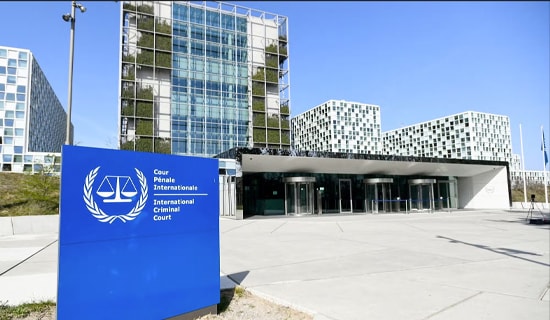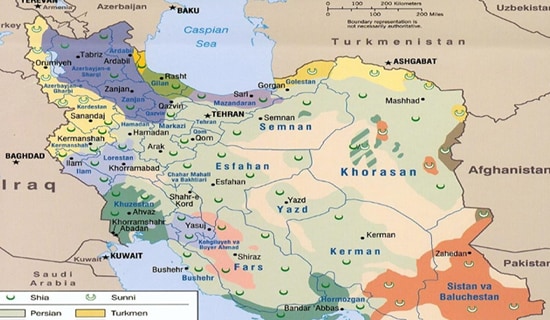In a public address on November 13, 2013, 10 days before the Joint Plan of Action was signed in Geneva by Iran and the 5+1 group, Hizbullah secretary-general Hassan Nasrallah outlined what he saw as its two possible outcomes: "Either they reach an understanding, or... there will be war." He said, "If things lead to war... everybody should be worried, but our opponents should be more worried than us."
Following are excerpts from the address, which aired on Al-Manar TV:
Click here to view this clip on MEMRI TV
Hassan Nasrallah: "Israel's plan for this region consists of war, destruction, ruin, division, partition, civil strife, internal fighting, and the dragging of foreign enemies to fight its wars on its behalf. It is very unfortunate that some Arab countries still stand alongside Israel in its lethal choices.
"Just like Israel, these countries oppose a political solution for the crisis in Syria – a solution that would stop the bloodshed and the destruction of the country, some of these Arab countries – I don't even want to mention the first letters of their names today – staunchly oppose any understanding between Iran and the countries of the world." [...]
"What is the alternative to such an understanding? I ask the peoples of the region, the peoples of the Arab world, and especially the peoples of the Gulf states – the peoples of Saudi Arabia, Kuwait, Qatar, Bahrain, the UAE, and Oman: What is the alternative to an understanding between Iran and the countries of the world? The alternative is a war in the region." [...]
"Some in the region as well as in Lebanon may be expecting that – regardless of the progress of Iran's negotiations with the world's powers – Iran will say to Hizbullah: Give up your national rights and duties, give up your resistance, and hand the country over to you political rivals. Anyone familiar with Iran and with Hizbullah knows that this is a bunch of illusions. This will never happen. It never has and never will.
"As for the Iranian nuclear negotiations, there are two possibilities: Either they reach an understanding, or they don't in which case, God forbid, there will be war. Some say that Hizbullah is worried and confused by the negotiations. If things lead to war, God forbid, everybody should be worried, but our opponents should be more worried than us. Our opponents should be more worried than us if things lead to a war in the region.








